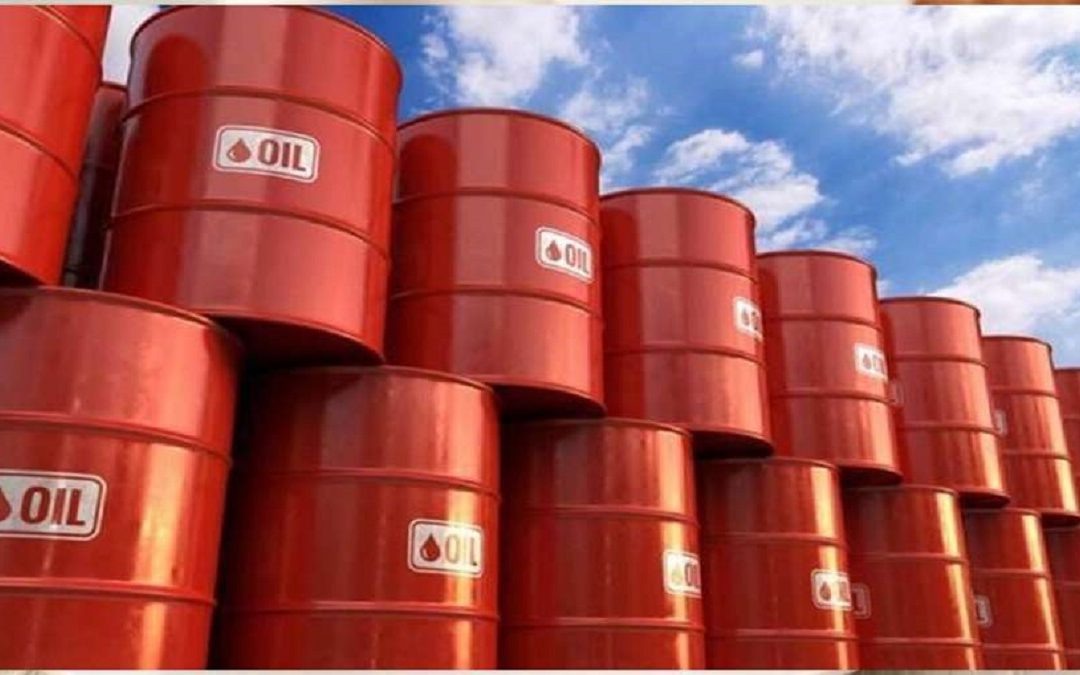The Czech Republic is ready to break years of Russian oil dependence with the inauguration of its expanded Trans-Alpine pipeline, Prime Minister Petr Fiala said.
Speaking at a press conference at the country’s Nelahozeves central oil storage facility, Fiala confirmed that the inaugural crude cargo to transit the upgraded pipeline had reached the Czech Republic on April 16.
The pilot North Sea cargo was delivered to the Italian port of Trieste in March and is now in transit to the 108,000 b/d Litvinov refinery operated by Czech refiner Orlen Unipetrol, the Prime Minister said.
According to S&P Global Commodities at Sea(opens in a new tab) data, roughly 750,000 barrels of Norway’s Johan Sverdrup crude was delivered to Trieste on March 29, where it became the first supply to transit the expanded TAL pipeline into Germany. From southern Germany, the TAL infrastructure feeds the larger IKL pipeline, which feeds the Czech Republic’s two refineries.
Launching the expanded TAL-Plus pipeline has been a prerequisite for the Czech Republic to end its Russian oil imports, which have continued to flow to Orlen Unipetrol’s refineries via the Druzhba pipeline system as most of its European neighbors have excluded supplies.
Though EU sanctions imposed on Russian oil in 2022 provided a carveout for pipeline deliveries, the country has faced mounting pressure to sever its Russian oil ties.
The launch of the expanded pipeline is expected to roughly double the capacity of the TAL and IKL connections, supplying the Czech Republic with around 8 million mt/year and fully covering its domestic refining needs.
“The energy map of the Czech Republic has been redrawn from today,” Zbynek Stanjura, managing director of the Czech state-owned oil pipeline company, Mero, said at the press conference.
Refining pivot
An April 17 statement from Orlen Unipetrol CEO, Mariusz Wnuk, confirmed that the company had received its first crude delivery of Norwegian crude through the TAL-Plus pipeline, and said that supplies should arrive at the Litvinov refinery by April 18.
“We will start processing this crude oil the following week. At the same time, we have secured additional tankers with crude oil from overseas deposits for the Litvinov refinery,” he said.
Officials had been targeting a July 1 launch date for the upgraded pipeline, but timelines were fast-tracked in March when Russian flows to the Czech Republic were suddenly halted. Officials linked the supply shock to payment issues connected to a US sanctions clampdown, though Orlen Unipetrol has declined to comment.
Without the alternative TAL-Plus connection running, Orlen Unipetrol was forced to secure a loan of 330,000 mt of oil from state reserves to keep operating its two refineries, Litvinov and Kralupy, marking its fourth withdrawal from the strategic stocks in the last year.
The 1.6 billion ($70.2 million) TAL-Plus refit and modernization project reached mechanical completion in January and is now expected to be the sole import route for Czech refineries.
As a result, Mero is studying options on how to make further use of the Druzhba pipeline, said CEO Pantucek, and is considering future prospects for East-West shipments of non-Russian oil. The southern arm of the Druzhba pipeline system runs from Russia through Belarus, Ukraine, and Slovakia before reaching the Czech Republic.
Lasting fuel deficit
Despite making the key step in rerouting its crude supplies, the Czech Republic continues to rely on fuel imports often derived from Russian molecules.
Pantucek said Orlen Unipetrol’s Czech refinery capacity is only sufficient to cover around two-thirds of domestic motor fuels demand, leaving the country reliant on imports to supplement supplies.
In particular, neighboring Slovakia has acted as a key fuel import source, but the country’s lasting dependence on Russian oil has proved controversial as Czechia has sought to end its import practices.
In December, the Czech Republic was given a six-month waiver by the EU to continue importing fuel made from Russian crude, allowing it to keep purchasing diesel from Slovakia’s 122,000 b/d Bratislava refinery. Czech officials said there was no reason to extend the sanctions waiver, though Slovakia has appealed for flexibility.
In February 2025, Slovakian refinery Slovnaft, which operates the Bratislava refinery, signed a one-year contract to import 2 million mt of crude oil via the Adria pipeline, its alternative crude connection to the Druzhba pipeline system. However it has blamed high pipeline costs for preventing it from securing a longer-term contract.
In an interview with Platts last year, its Hungarian parent company, MOL, said its refineries may not be ready to operate without Russian crude until at least 2026.
Source: Platts






